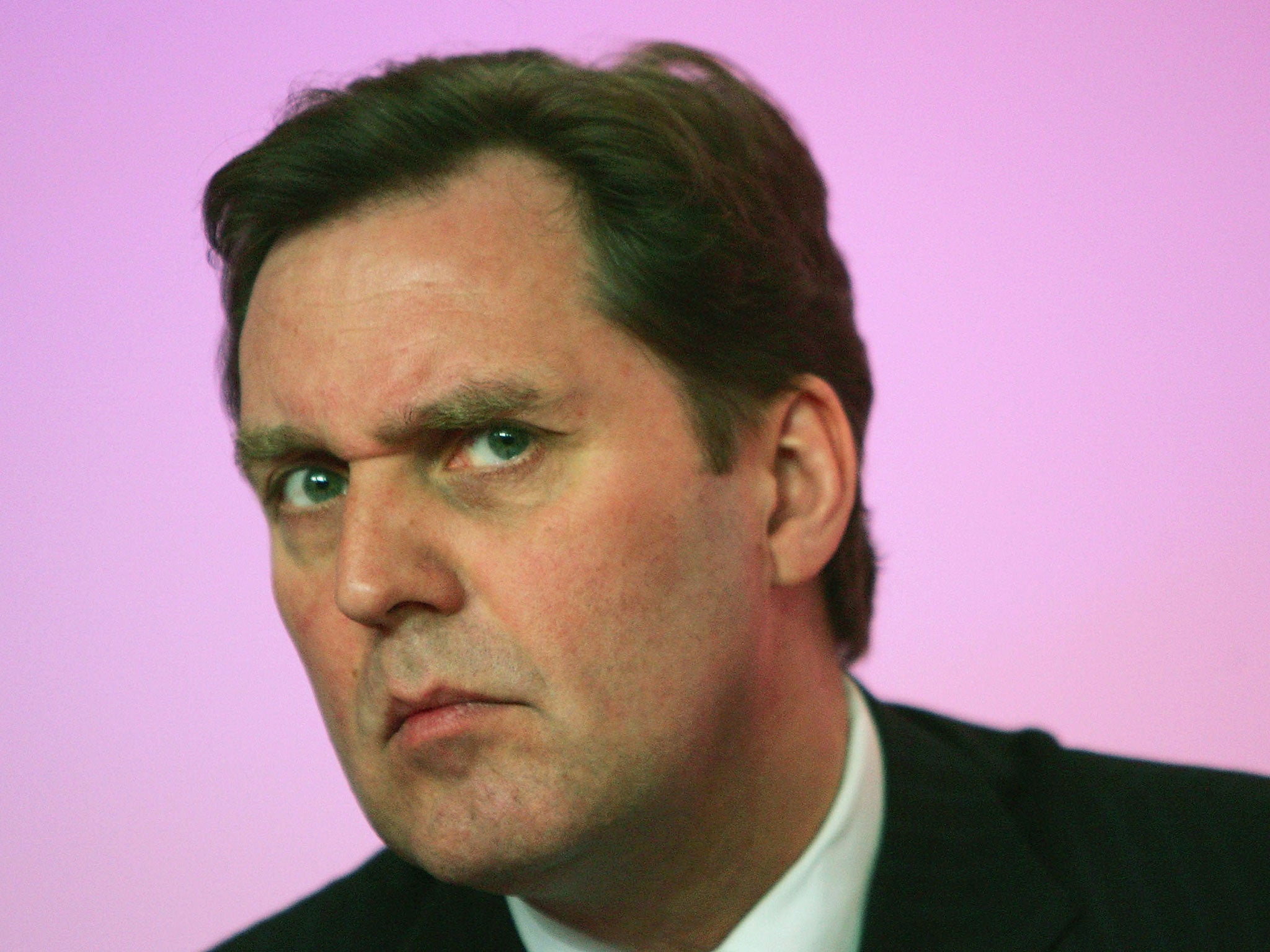George Osborne urged to squeeze incomes of high-rate taxpayers to ease burden of tax credit cuts
Exclusive: Alan Milburn says the move would spare working families with young children from his tax credit cuts

George Osborne has been urged by the Government’s advisers on child poverty to squeeze the incomes of pensioners and taxpayers on the 40p higher rate in order to spare working families with young children from his tax credit cuts.
The Commission on Social Mobility and Child Poverty has submitted a list of alternative savings to the Chancellor ahead of his November 25 autumn statement, when he will revise his controversial £4.4bn cuts to tax credits following their rejection by the House of Lords last week.
Amid fears among pressure groups that Mr Osborne may make only a relatively small “tweak,” the commission called on him to abandon plans to hit parents who have children up to the age of 11 and who “do the right thing” by going to work. It said the priority groups should be lone parents in part-time work; single earner couples with babies or toddlers; couples with one parent working full-time and the other part-time and couples with both people in full-time work.
The commission, chaired by the Labour former Cabinet minister Alan Milburn, urged the Chancellor to shelve planned income tax cuts for people on the 40p higher rate. It said he could postpone plans to raise the threshold for the 40p rate to £50,000 a year by 2020; stop higher rate taxpayers benefitting from the rise in the personal tax allowance to £12,500 by 2020; restrict child benefit to families with no-one earning more than £50,000 a year; limit tax-free child care to those earning £60,000 rather than £150,000 a year and scrap a £900m-a-year cut in inheritance tax.
The child poverty watchdog said Mr Osborne could limit rises in the state pension by raising line with inflation rather than earnings for the next few years and by means-testing pensioners’ winter fuel allowances and free TV licences to save £1.7bn annually.
These measures would raise a total of more than £7.8bn and would hit many natural Conservative voters. But they could allow the Tories to renew their claim to be the “party for working people”, which has been undermined by the tax credits row.
Mr Milburn told The Independent: “It is welcome that the Chancellor has agreed to look again at plans to cut tax credits. The Commission recognises that he has manifesto commitments to deliver and a difficult fiscal situation to address. We believe the priority for action should be working families with young children. They can least afford to lose family income but, under the current proposal, are amongst the biggest losers. The Chancellor should put them first in any action he takes in his autumn statement. Fortunately, he has a menu of options to choose from in order to fund changes that should be focused on improving work incentives and protecting children.”
The commission dismissed the Government’s suggestion that people hit by the tax credit squeeze would be compensated by a £9-an-hour national living wage by 2020 and more state help with child care costs. It expressed concern that Mr Osborne’s plans would see basic rate taxpayers on tax credits lose 80p of every extra £1 they earn, up from 73p now.
Further pressure on the Chancellor to ease the squeeze on working families by hitting higher rate taxpayers instead came in a report from the Resolution Foundation think-tank. It warned that pressing ahead with tweaked proposals would be expensive, leave millions of families worse off and produce “perverse work incentives.”
David Finch, senior economic analyst at the foundation, said: “If the Government is serious about providing more help to working families, its only option is to reverse the cuts. Fortunately, there are plenty of ways to fund this move – such as cancelling tax cuts targeted at better off households. And with a surplus of close to £12bn pencilled in for the end of the parliament, the Chancellor can afford to cancel the tax credits cuts and still eliminate the deficit.”
Subscribe to Independent Premium to bookmark this article
Want to bookmark your favourite articles and stories to read or reference later? Start your Independent Premium subscription today.

Join our commenting forum
Join thought-provoking conversations, follow other Independent readers and see their replies